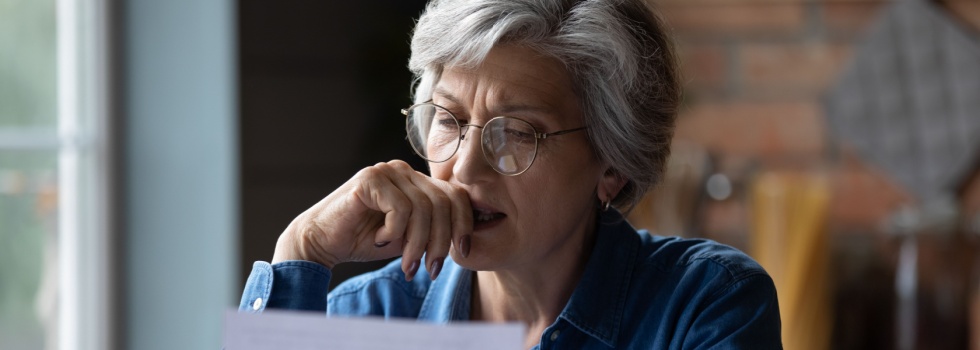
Two incomes are better than one.
But what happens when one income suddenly stops?
For millions of people, it could mean significant financial danger, due to a lack of savings and insurance.
Who is in danger?
You might have heard of ‘DINC households’. Which stands for ‘Double income. No kids’. But, research shows that another group, ‘DINOs’, are on the rise.
DINO stands for ‘Double Income, No Options’ and is used to describe households which enjoy the comfort of having two full-time incomes to pay the bills, but no back-up plans in place, in case of an income shock.
What causes an income shock?
An income shock is an unexpected period of low, or zero income from one or more members of a household. This could be due to:
• Injury
• Sickness
• Caring for a loved one
• Bereavement
Of course, income shocks can come in the form of a longer issue, such as death or an illness requiring long-term recovery.
Research from LV= shows that every year, just under one million people face an income shock due to taking time off from work during illness or injury.
Do you have a plan in case any of the above happens to your household?
It is generally recommended that families should have at least enough in savings to cover three month’s expenses; that includes bills and living expenses and will ensure that you have time to get back on your feet before finances become a real issue.
Unfortunately, the LV= research shows that just 37% of UK adults have this in place. Meanwhile:
• 63% believe that they are financially capable
• 33% don’t think that they could handle a financial shock
• 32% don’t think they will ever be able to put spare money aside
Making sure you are prepared
There are three key areas to focus on to build your financial resilience:
1. Savings
As we’ve mentioned, the recommended financial buffer is equal to three months’ expenses. That should include:
• Rent/mortgage payments
• Bills
• Food
• Living costs
• Transport
• Insurance
However, it can be worthwhile to keep your buffer topped up with a bit of extra cash, just in case you need money in an emergency. The last thing you need when you lose an income, is to worry about the car breaking down or replacing the washing machine!
Where you keep your buffer is important, too. It can be tempting to keep cash in the house, or stuffed in the mattress, but if it isn’t able to generate interest, the value of your savings is guaranteed to decrease. Consider these tips when looking for the right savings account for your emergency fund:
1. Put effort into finding the best rate
2. Avoid short-lived introductory bonuses, if you are unlikely to move your money once they end
3. Use more than one comparison site to truly see the differences between products
4. Take advantage of any tax exemptions, such as cash ISAs
5. Keep each account balance below the Financial Services Compensation Scheme (FSCS) limit (£85,000 for individuals and £170,000 for joint account holders) so that you don’t lose your savings if the provider goes bust
2. Insurance
Paying into an insurance scheme each month gives you peace of mind and the comfort of knowing that there is a safety net in place, should you face financial shock. However, there are many kinds of insurance and you will need to read the terms and conditions carefully to make sure that you are covered for relevant issues. The most common types of cover are:
Life Insurance: Possibly the most well-known insurance type. Life Insurance pays a lump sum, or income, to your dependants if you die during the term of the policy. Of course, the younger and healthier you are when you begin the policy, the lower your payments will be. It is also important to be honest and upfront about any existing conditions you have when taking out the policy, as indiscretions now may void claims later.
Critical Illness Cover: This type of insurance generally pays a lump sum if you are diagnosed with a serious, potentially life-threatening illness which the policy covers.
Income Protection: Income Protection, or Income Replacement, allows you to buy cover which will replace a proportion of your income if you are unable to work for longer than a specified period.
Once your own health and income is covered, think of your furry friends; if you have pets, taking out Pet insurance is also advisable, as unexpected medical costs and illnesses could mean that an already stretched budget needs to be redirected without notice.
When choosing an insurance provider, it is important to look closely at the terms and conditions to ensure that you will receive the amount you need, if the time comes. The amount you receive is a lot more important than securing lower monthly payments.
3. Advice
Of course, independent financial advice is the best way to ensure that your finances are in order and can provide a safety net in times of financial shock.
To talk about it in more detail, why not contact us?




